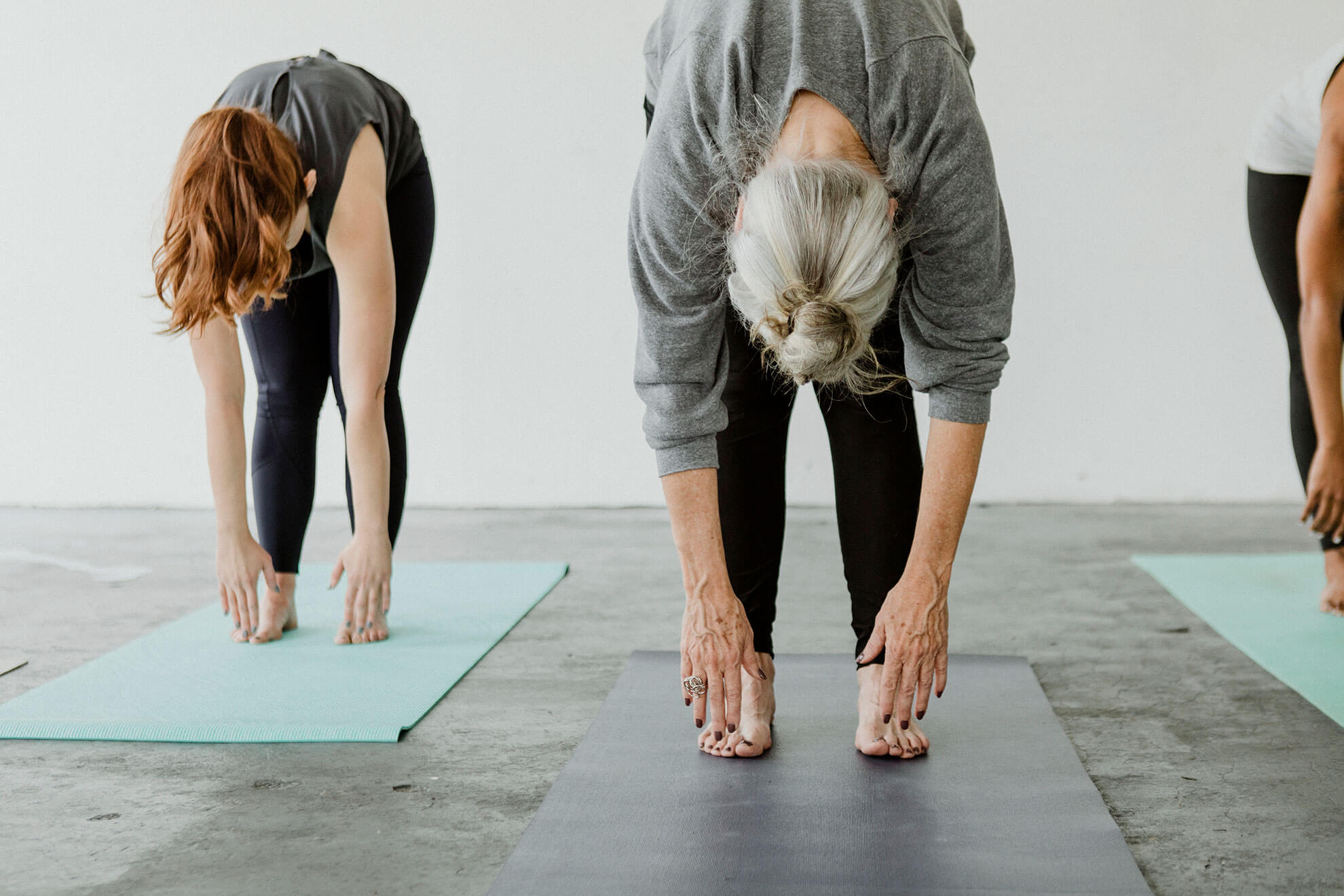
Dear Pain Care Aware
Swami & The Professor Answer Your Questions...
None of these techniques work when my pain is really bad
“None of these techniques work when my pain is really bad” is a common statement made about self-care techniques when pain persists. When pain intensity increases, as is common with chronic pain conditions, previously effective techniques might not be effective enough. Their physiological changes might not be sufficient to counteract the higher pain level and ...
Read More →
I don’t know if any of this will help, but my wife is telling me to do it
Reggie, a recently retired plumber, explains that he has experienced increasing stiffness in his hips, knees, shoulders, and neck over the last decade. He doesn’t think that there is much that will help with age-related problems like this, so he has not “wasted his money on physio or chiropractic treatments”. His wife has been gently ...
Read More →
Even these small movements you are telling me to do are making me worse.
Heather has persistent left shoulder pain that arose for no reason. At first, it was there only when she lifted her arm overhead. Over a number of months, it slowly worsened even though she did her best to follow guidance from her doctor to stay active and try different anti-inflammatories and pain medications. When she ...
Read More →
Can we skip all this mysticism and self-reflection and get to making me stronger so I’ll get better?
You know that there is more to pain care, and to getting people “better" than getting stronger. Imagine that you just guided a client with persistent mid-back pain through a body scan. They look you in the eye and ask this question: “Can we skip all this mysticism and self-reflection and get to making me ...
Read More →
How much pain is okay in asana when I have chronic pain?
This is one of the most commonly unanswered questions for yoga students, and for people in pain. It seems that the best answer has more to do with, “if pain is not a good guide for how much to exercise, what is?”
Read More →
Is it okay to forward bend in yoga when I have a history of low back pain or a disc bulge?
Yes. Really! There seem to be as many misconceptions about discs as there are about pain. I learned many misconceptions in school in the 1980s, and I am surprised that many well-intentioned people share disc-misinformation that can limit function and recovery.
Read More →
I was taught by my teachers that if there was sharp or hot pain that I was to tell a student to stop immediately. Should I continue to tell students this?
My recommendation is to tell your students to pause, explore and become more discerning about all pain. I also recommend that you do not equate pain with tissue injury, or the quality of pain to specific pathology.
Read More →
My pain is emotional, primarily related to anxiety, does the Pain Care Aware approach help with this?
Pain Care Aware can be classified as a biopsychosocial process. The medical world typically categorizes pain as arising either from biological problems, or psychological issues, or social factors, and can treat people in pain as if the answer comes from fixing the one problem.
Read More →
In your movement guidelines you suggest that I ask myself, “will I be okay later”. This triggers me, making me fearful that I will regret it, and I would rather not ask this question. What do you suggest?
Modify any language, technique or guideline that feels like this. Then consider whether one or a combination of the following are the right approach – awareness, regulation, discernment.
Read More →
I noticed that you wrote that Pain Care Aware is biopsychosocial. What about the spiritual aspect of pain in human existence? Why are you ignoring that?
This is an important clarification. You are pointing to one example of a big problem we have when discussing pain and pain care – terminology. We also believe that you are pointing to the need for precision in our communications.
Read More →











